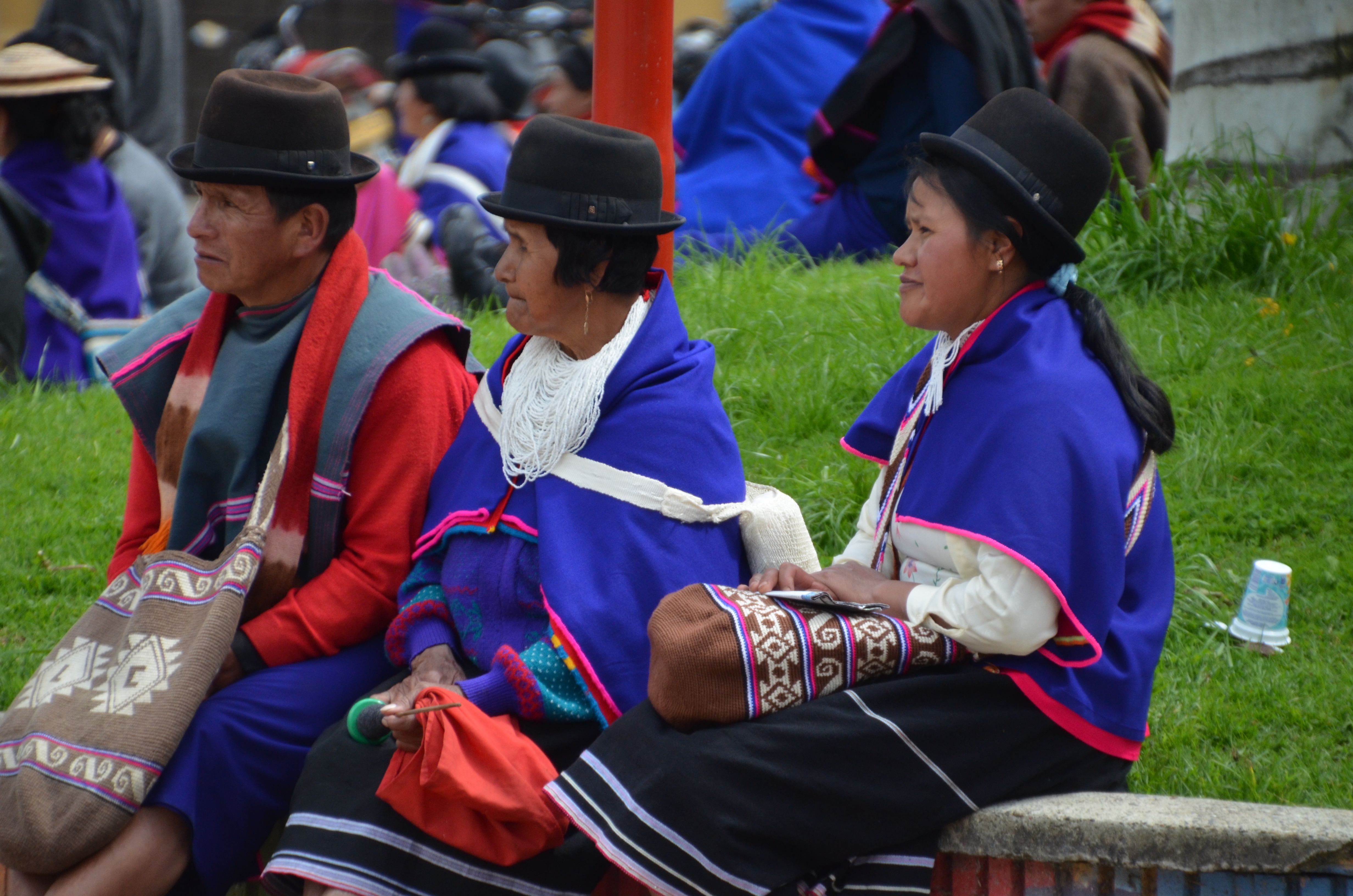The Misak indigenous community, located in the highest mountains of the Cauca department, has been severely affected by the Colombian armed conflict due to the historical presence of the FARC guerrilla in the region. Here Wájaro is:
1) Working with a regional cooperative to launch new economic initiatives that benefit the local population.
2) Partnering with other international NGOs with the aim of strengthening the internal capacity of a regional cooperative.
3) Helping to create greater economic opportunities for a local women’s artisan association.
4) Supporting leadership development initiatives for youth.
Continue on to read more about each initiative…

Located in the Western Andean mountain range that runs through the department of Cauca, the Misak indigenous community resides in what is known as the Guambia reservation, a mountainous and chilly region with a wonderful landscape full of coffee, cassava, potatoes, beans, and cabbage crops.
Though rich in culture and organization, the broader Misak community has been significantly affected by Colombia’s armed conflict. Among many challenges, local Misak leaders emphasize the lack of economic and academic opportunities for youth due to the historical presence of the FARC guerrillas in the region. In order to advance economically or academically, Misak youth are forced to leave their reservation for urban centers. The unfortunate result has been a transient generation of Misak youth, increasingly ashamed of their indigenous identity, and struggling with the vices of the city.
The historic truce signed between the Colombian government and the FARC in November of last year has led to a decreasing presence of the armed group in Guambia. As a result, new development initiatives have begun bubbling up in different communities throughout the region.
One of those communities, is the village of Tranal. Tranal has a population of roughly 1000 people and borders the western limits of the Misak territory. A peculiar characteristic of Tranal is that it is largely protestant and boasts leadership that envisions their churches assuming a protagonist role in the region. These same leaders acknowledge that the evangelical church has largely been absent from social, economic and political processes in Guambia. Their desire is to change that.
Through a program that seeks to increase economic development, collective organization and educational opportunities in Guambia, the Tranal community leadership in partnership with Wájaro have begun implementing four initiatives.





